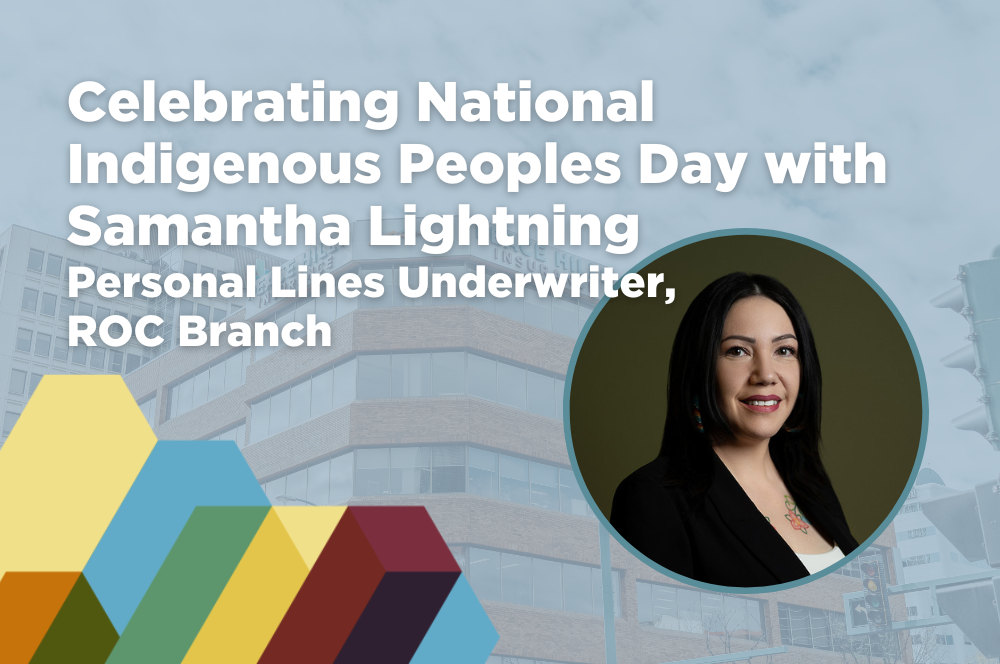
November
12
#FraudWeek - Identity Theft
November 12, 2018 - When Canadians think about scams, the first thing that may come to mind are the CRA phone scams that have been making the rounds over the last few years. If you’ve been lucky enough not to receive one and you’ve coincidentally missed all the news coverage, it’s a group of scam artists cold-calling Canadians claiming to be the CRA and that there is a problem with your recent tax return. The scammer states there is a warrant for your arrest unless you pay your “owed” taxes.
While this is one that many of us have encountered, there are countless other routes scammers can go to not just take your money, but possibly your identity.
In 2017, it’s estimated that nearly 3,300 Canadians experienced identity theft.*
Let it be known that banks and government departments will never call, email or text customers to ask for money, or to warn of an imminent arrest at your door. If you receive a request like this, it’s a scam that could lead to far worse than financial consequences.
Our general advice regarding identity fraud is this:
⪧ Before you reveal any personal information, question how they will use your information and if it will be shared, and ask them for a privacy and security policy. Though it could take some time, any legitimate organization will be able to provide this to you.
⪧ Regularly review your account statements to ensure all transactions are in order, and contact your financial institution if you come across anything irregular.
⪧ Forward or your re-route your mail when you move.
⪧ Avoid using social insurance numbers, account numbers, birth dates, names, e-mail addresses or telephone numbers as passwords.
⪧ Invest in a shredding machine, especially if you conduct business in your home. Do not recycle documents containing personal information.
⪧ Avoid carrying your social insurance number, birth certificate and passport. Keep these identification documents stored in a safe place at home or in a safety deposit box.
⪧ Don’t leave your purse or wallet out in the open, even at work and at home.
⪧ When ordering personal cheques, pick them up at the bank rather than having them sent to your home address.
The Association of Certified Fraud Examiners have a great podcast called “Fraud Talk”. Click here to listen to their episode about “The Domino Effect of Identity Theft”. Even though the ACFE is an American-based association, this is still a great resource to gain more insight on the subject.
For that extra level of assurance, talk to your broker about Peace Hills Identity Fraud expense protection as a means of reimbursing you for expenses you may incur should your identity be stolen.
Our endorsement provides reimbursement for the following expenses:
⪧ Loss of up to 4 weeks of earnings up to a weekly maximum of $1,000;
⪧ Loan application fees;
⪧ Notary fees;
⪧ Certified or registered mail fees;
⪧ Telephone expenses;
⪧ Reasonable attorney fees;
⪧ An additional $10,000 coverage is included in our residential property policies, with higher limits of $15,000, $20,000 an $25,000 also available.
Sleep soundly knowing that you are covered for identity theft – a prevalent issue in today’s world. Find a broker today!
*Calculation based on 2017 Canadian population and “Rate of identity thefts in Canada from 2010-2017”.
Recent Posts
A message from our President and CEO
July 26, 2024
A message from Kathy Boychuk, Peace Hills Insurance President and CEO, on the ongoing wildfire situation in Jasper National Park.
Read More


